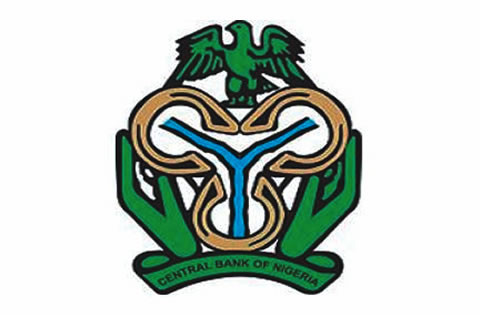After one year of unnecessary and costly stonewalling, the federal government finally agreed to a flexible foreign exchange (forex) policy that would allow the interbank trading window to be driven purely by market forces.
The Central Bank of Nigeria (CBN) unveiled on Wednesday, June 15 the policy which effectively removes controls on the naira, allowing increased dollar supply that would help strengthen the weak economy.
The new framework, which would operate a single trading window, will be launched tomorrow, Monday, June 20, with about 10 primary traders appointed by the CBN.
CBN Governor, Godwin Emefiele, said each of the traders will have a minimum volume of $10 million.
Emefiele said it was high time the automatic adjustment mechanism of the exchange rate, with the re-introduction of a flexible inter-bank exchange rate market, was restored.
He also explained that the workings of the market would be consistent with the CBN’s objectives of enhancing efficiency and facilitating a liquid and transparent forex market.
The decision to float a flexible forex policy may only have come as a surprise to President Muhammadu Buhari who insisted on being convinced by economists on why he should “kill the naira”.
But to discerning Nigerians, it had long become apparent that the currency fix introduced in February 2015 to stop the naira from falling when lower oil prices sparked trouble for the economy had become unsustainable.
While the naira was fixed at N197 to the United States dollar, the black market rate soared to N370.
Being a mono economy with crude oil export as the major source of forex, the economy took a drastic hit from the fall in commodity prices.
A prolonged period of holding the naira at an artificial level had a disruptive effect as foreign companies became reluctant to import goods when they were paid at distorted rates.
The fixed currency rate created a vast black market for the dollar and by so doing squeezed the economy. The consequences were dire.
In an attempt to shore up the value of the naira, forex reserves declined from about $42.8 billion in January 2014 to about $26.7 billion as of June 10, 2016. Average monthly inflows fell from about $3.2 billion to less than $1 billion per month.
But despite the sharp decline in forex inflow, its demand rose significantly, from an average import bill of N148.3 billion per month in 2005, to about N917.6 billion per month in 2015.
To avoid further depletion of the reserves, the CBN prioritised the most critical needs for forex to stabilise the exchange rate.
But these policies did not help matters much because they only led, in most cases, to widespread shortage of raw materials, machine parts and supermarket products.
Companies suffered grievously having been forced onto the black market to pay for imports of goods and equipment. Those who could not cope left the country thus precipitating huge capital flight.
It was so bad that a number of foreign airlines recently stopped flying to Nigeria after they were unable to repatriate up to $600 million (£417 million) in ticket sales, according to the International Air Transport Association (IATA).
In May, Emefiele warned that a recession was imminent. That warning may have convinced Buhari to let go of tampering with the exchange rate.
When the new system comes into effect tomorrow, it will most likely lead to a significant devaluation of the naira. That will in turn push up the already high inflation and further hurt millions of Nigerians who live in abject poverty.
But ultimately, it will inject some sanity in the forex market and curb corruption. When that happens, foreign investors forced to flee may return as they will get more value for their money.
Economists also agree that a lower value of the naira will make domestic products cheaper and competing imports more expensive, which is hoped will help the struggling economy.
We support the new policy and urge the CBN to curtail infractions.

- Advertisement -
- Advertisement -
Must Read
19-year-old woman’s breasts quadruple in size after taking Pfizer Covid vaccine
19-year-old woman’s breasts quadruple in size, breast reduction surgery makes them asymmetrical
By Jeph Ajobaju, Chief Copy Editor












